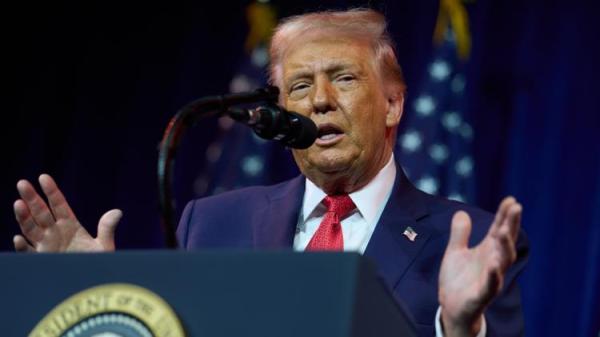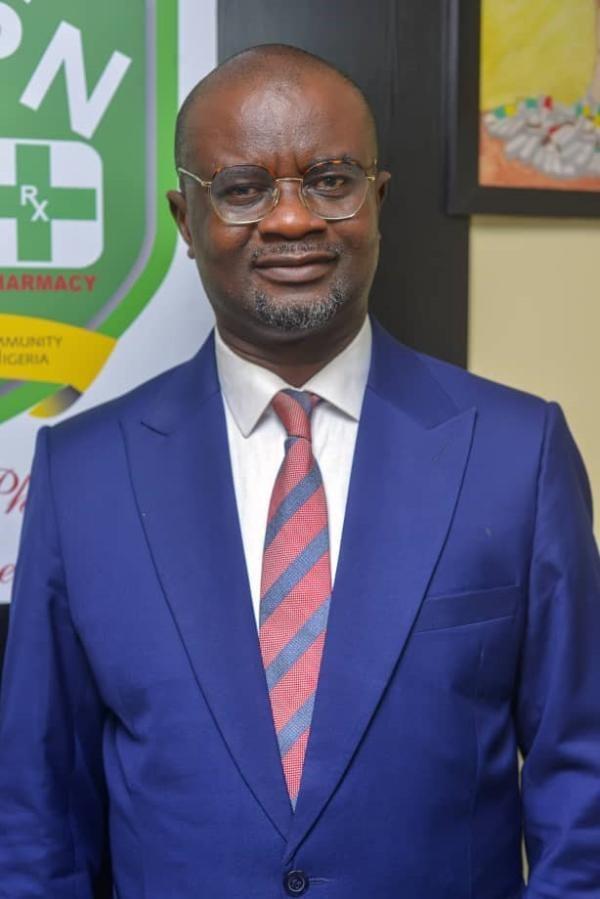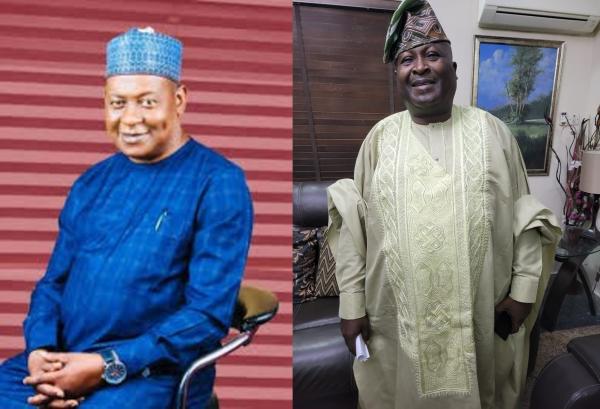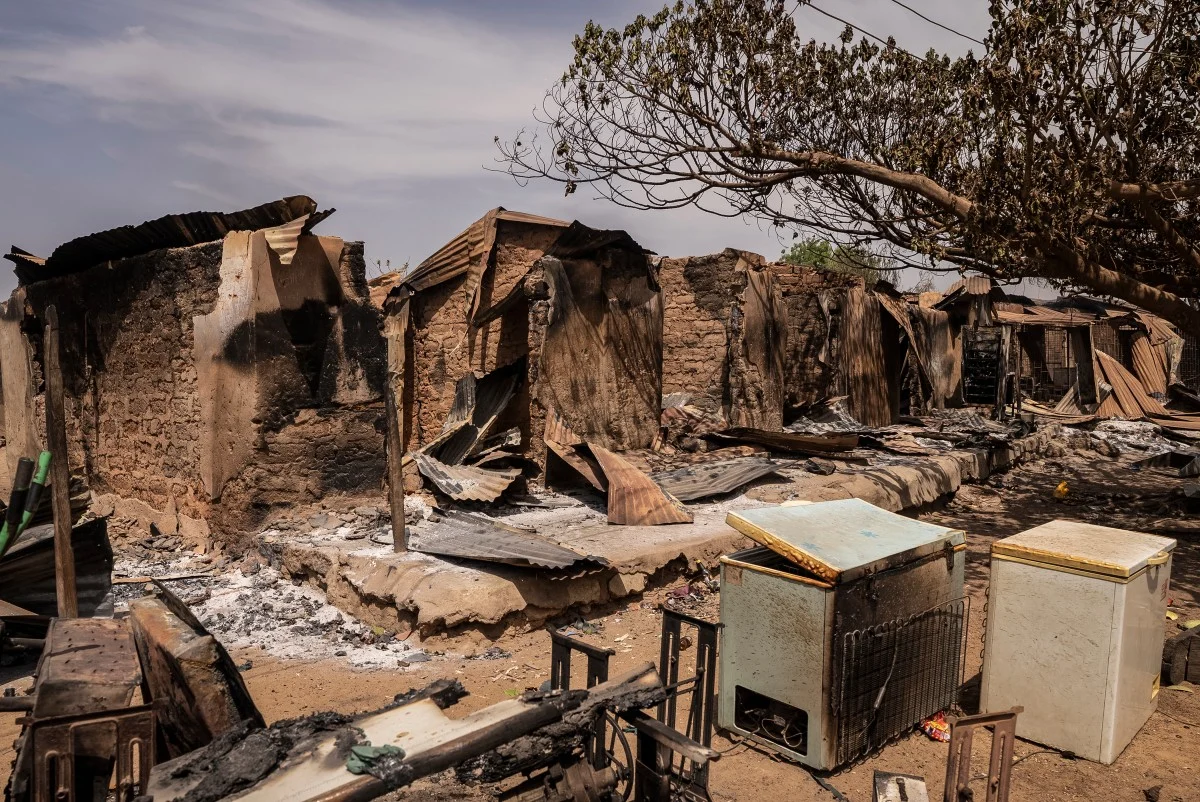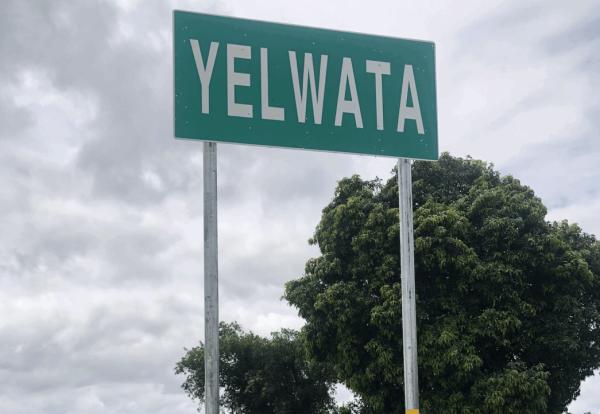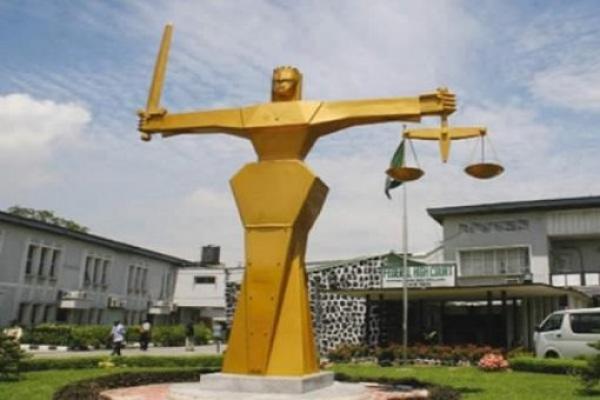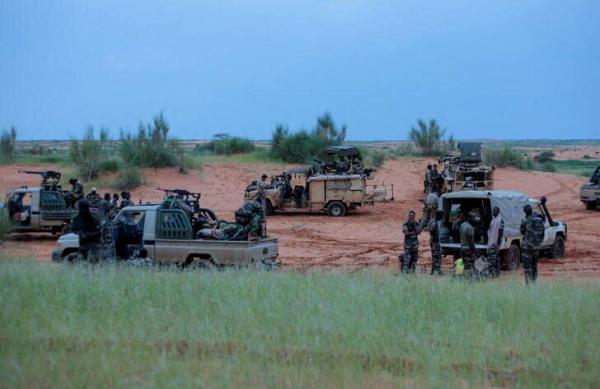
Mali massacre survivors on Thursday, in Bamako, gave an account of events, alleging that white mercenaries were involved in the killings.
The witnesses said it was on a market day in the town of Moura, in central Mali, when Malian troops backed by white mercenaries, descended from helicopters and opened fire on bewildered residents.
Stall-owner Amadou said he saw the soldiers fan out across town on the morning of March 27, and ran home, but was arrested hours later and taken to a riverbank on the outskirts of town, where thousands of other men were seated with their hands tied.
Amadou said over the next four days, the men stayed in the blazing sun with little food or water and watched as soldiers gradually picked some of them in groups, led them to the edge of a mass grave and shot them.
“It was unimaginable. They came, they took 15, 20 people and lined them up. They made them kneel down and shot them” he said, overcome with exhaustion and emotion.
He said most of the soldiers who killed civilians were Malians, but dozens of white men in army uniforms, who spoke what the residents believed was Russian, were actively involved.
“French was widely spoken in Mali, but the government soldiers and the white men communicated in sign language as they did not speak the same language,” Amadou narrated further.
The white men were the first to get out of the helicopters and open fire on fleeing residents, four onlookers said
Reuters could not independently verify their accounts or visit Moura, a town of 10,000 people under the control of an Islamist group linked to al Qaeda.
Mali’s army said it killed 203 militants during a military operation in Moura. It denies reports of executions and has not responded to a request by Reuters for comment.
Wagner Group, a Russian private military contractor that recently started working with the Malian army, could not be reached for comment.
However, the witness accounts bolstered evidence gathered by New York-based Human Rights Watch, which last week alleged that Malian soldiers assisted by suspected Russians, killed about 300 civilians in Moura.
The reports have raised concerns that the presence of Wagner will further destabilise Mali, an arid and poor country that was home to groups linked to Islamic State and al Qaeda, that have killed thousands in Mali and neighbouring Burkina Faso and Niger.
Western powers strongly opposed Wagner’s intervention, warning that it could stoke violence.
“The United Nations has accused the group of killing civilians while working in Central African Republic. Russian officials denied reports of abuses.
The European Union has imposed sanctions on Wagner who it says works for the Kremlin, but Moscow however, denies any ties with the group.












